Case study: Fairfield Farm College, Westbury, Wiltshire
The challenge
Fairfield Farm College, Dilton Marsh, Westbury in Wiltshire provides education for 36 young adults with learning difficulties. A new single storey building was to be built, which was to house a shop run by students, a small cafe area and additional teaching space. The college would remain operational throughout the build.
The objective
To construct a new building fully compliant with the regulations on disabled access - it would be a highly sustainable construction, and the project would not disrupt the working of the college.
How the Wiltshire Council building control team helped
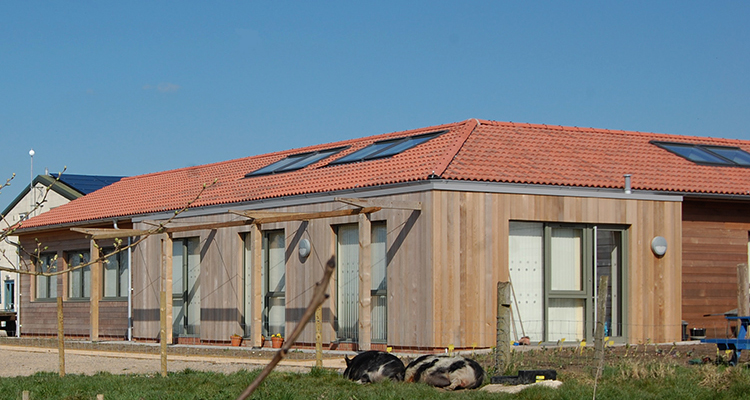
A lot of careful planning went into this project from day one - to ensure the college remained operational for its disabled students throughout the construction phase.
Full compliance with the building regulations on disabled access was crucial, so additional disabled facilities were added.
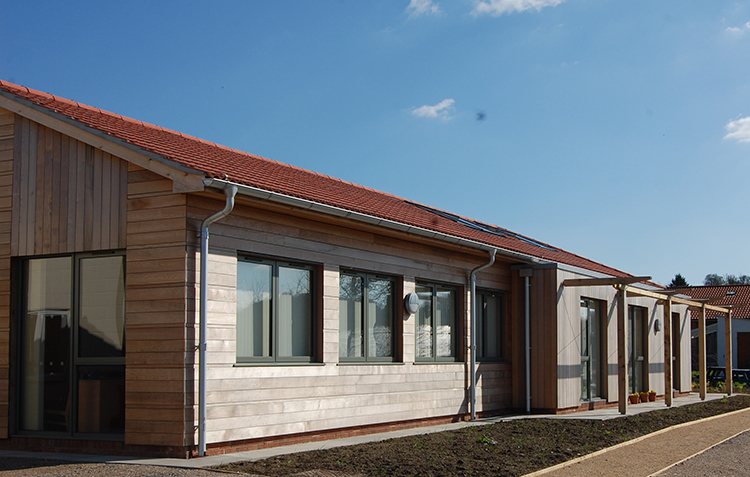
Features
- Disposal of surface water was a complex issue and to resolve the problem a bespoke solution was agreed. Storm drainage water is collected into swales and filtered via a weir to a new pond which both encourages wildlife and reduces the volume of water that flows into the mains drainage.
- The buildings are extremely well insulated and solar shading in a long pergola reduces summer heat gain, while large areas of glazing increases natural daylight.
- Solar Photovoltaic panels on the new south-facing roof generate 25 KW hrs of electricity which helps to reduce co2 emissions and energy costs.
- The use of metal guttering and windows means a reduction in the amount of PVC used.
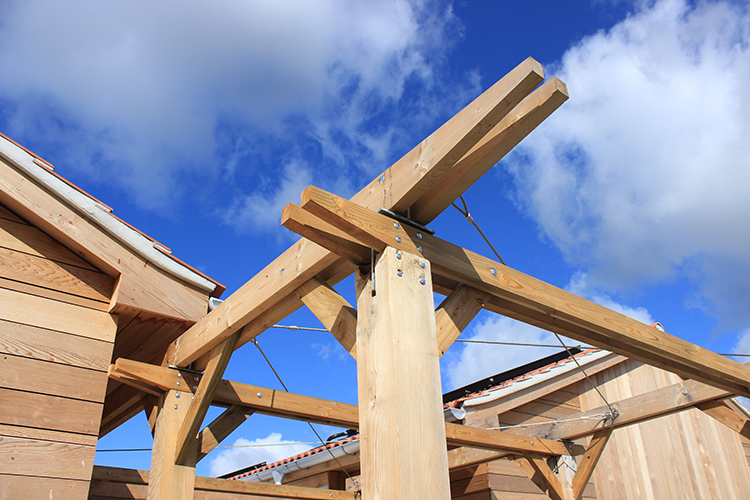
The results
The college building was awarded an A-rated Energy Performance Certificate, achieving an impressive Level 5.
The new building contains a conference room, farm shop and café and teaching rooms and is fully accessible to disabled people.
It provides a fantastic learning environment, with new community facilities in a building way above normal standards. It also includes a number of energy-saving measures, with the solar panels alone generating enough electricity to power 400 light bulbs!
Contact your local authority building control department or:
Discover what local authority building control can do for you
Sign up to the building bulletin newsletter
Over 48,000 construction professionals have already signed up for the LABC Building Bulletin.
Join them and receive useful tips, practical technical information and industry news by email once every 6 weeks.
Subscribe to the Building Bulletin
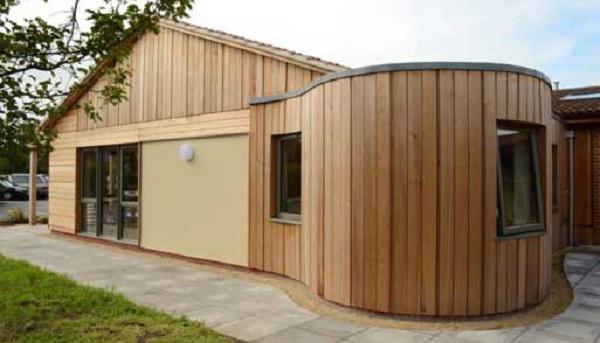
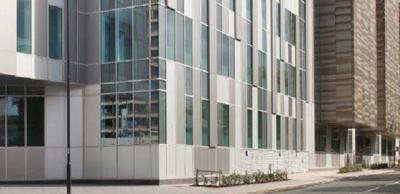
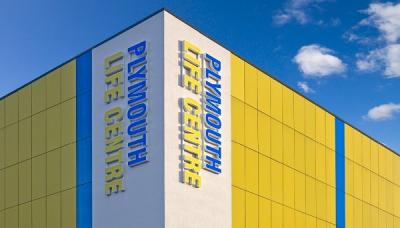
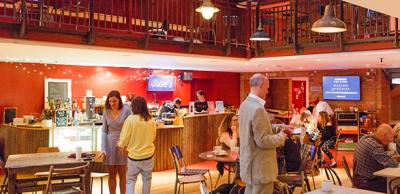
Comments
Add new comment